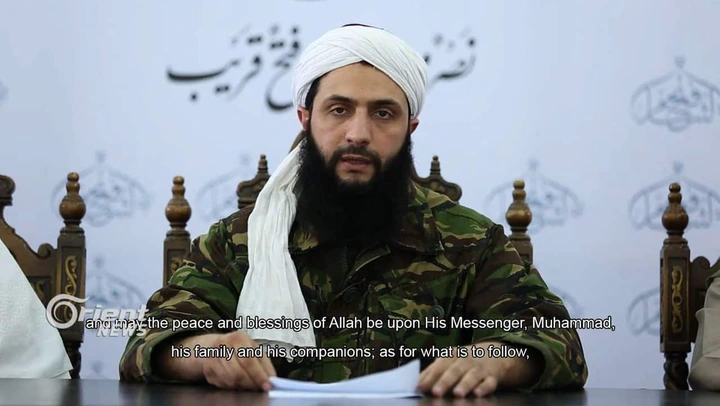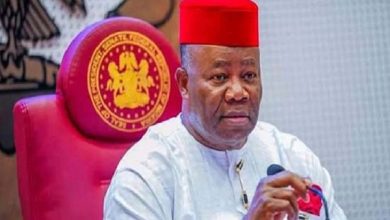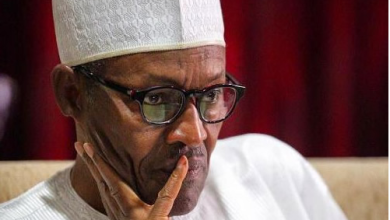
Abu Mohammed al-Golani is the leader of the rebel alliance that spearheaded an offensive that rebels say brought down President Bashar al-Assad and ended five decades of Baath Party rule in Syria.
, which is rooted in Syria’s branch of al-Qaeda. He is an extremist who adopted a more moderate posture in order to achieve his goals.
, he ordered all military forces in the capital not to approach public institutions.
Earlier this week, he said the objective of the offensive, in which city after city fell from government control, was to overthrow Assad.
Thirteen years after Assad cracked down on a nascent democracy movement, sparking Syria’s civil war,.
Golani had for years operated from the shadows.
Exposed!! Popular Abuja doctor revealed how men can naturally and permanently cure poor erection, quick ejaculation, small and shameful manhood without side effects. Even if you are hypertensive or diabetic . Stop the use of hard drugs for sex!! It kills!
Now, he is in the spotlight, giving interviews to the international media and delivering statements that have Syrians all around the world glued to their phones for clues of what the future might hold.
Earlier in the offensive, which began on 27 November, he appeared in Syria’s second city Aleppo after wresting it from government control for the first time in the war.
He has over the years stopped sporting the turban worn by jihadists, often favouring military fatigues instead.
Since breaking ties with al-Qaeda in 2016, Golani has sought to portray himself as a more moderate leader. But he is yet to quell suspicions among analysts and Western governments that still class HTS as a terrorist organisation.
“He is a pragmatic radical,” Thomas Pierret, a specialist in political Islam, said.
“In 2014, he was at the height of his radicalism,” Pierret said, referring to the period of the war when he sought to compete with the self-proclaimed Islamic State (IS) group.
“Since then, he has moderated his rhetoric.”
Born in upscale Damascus
Born in 1982, Golani was raised in Mazzeh, an upscale district of Damascus.
He stems from a well-to-do family and was reportedly a good student.
During the offensive, he started signing his statements under his real name — Ahmed al-Sharaa.
In 2021, he told US broadcaster PBS that his nom de guerre was a reference to his family roots in the Golan Heights, claiming that his grandfather had been forced to flee after Israel’s annexation of the area in… Read the full article.




